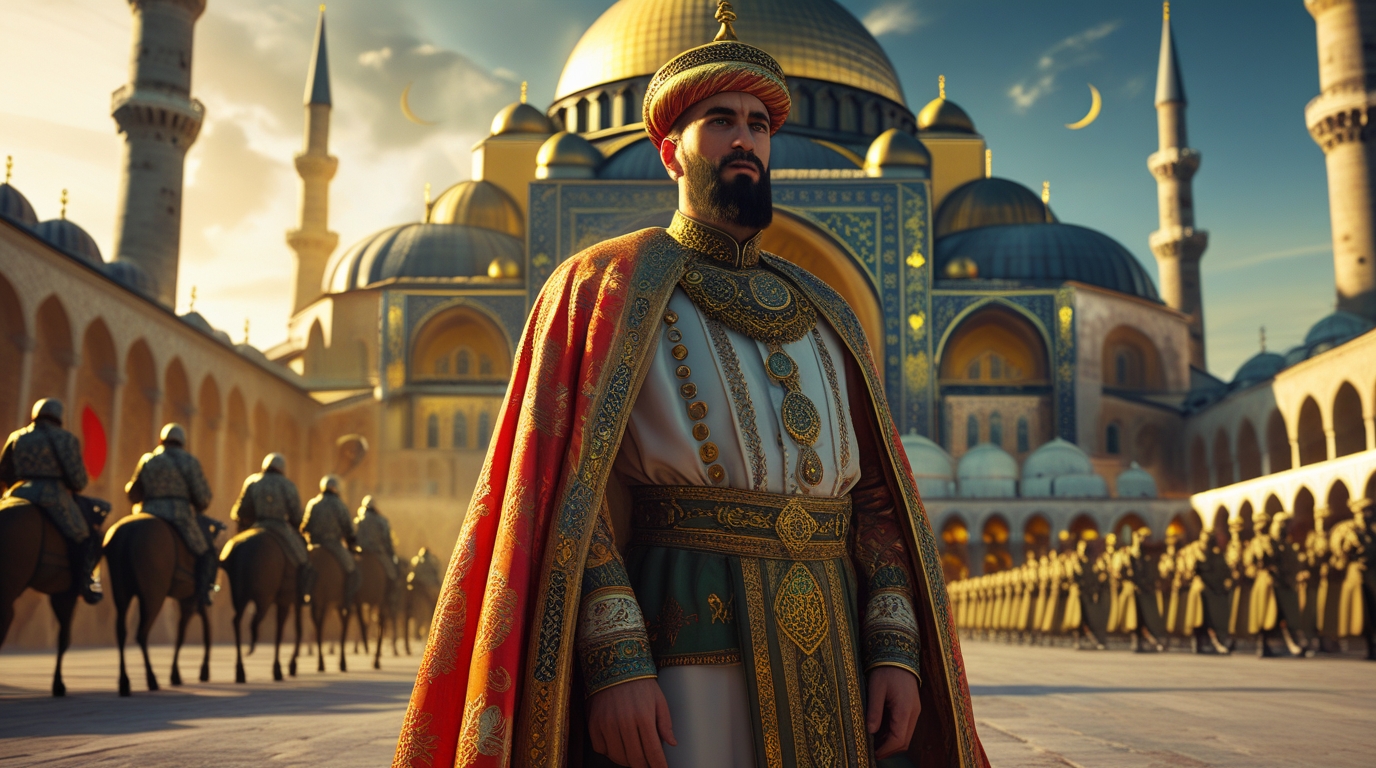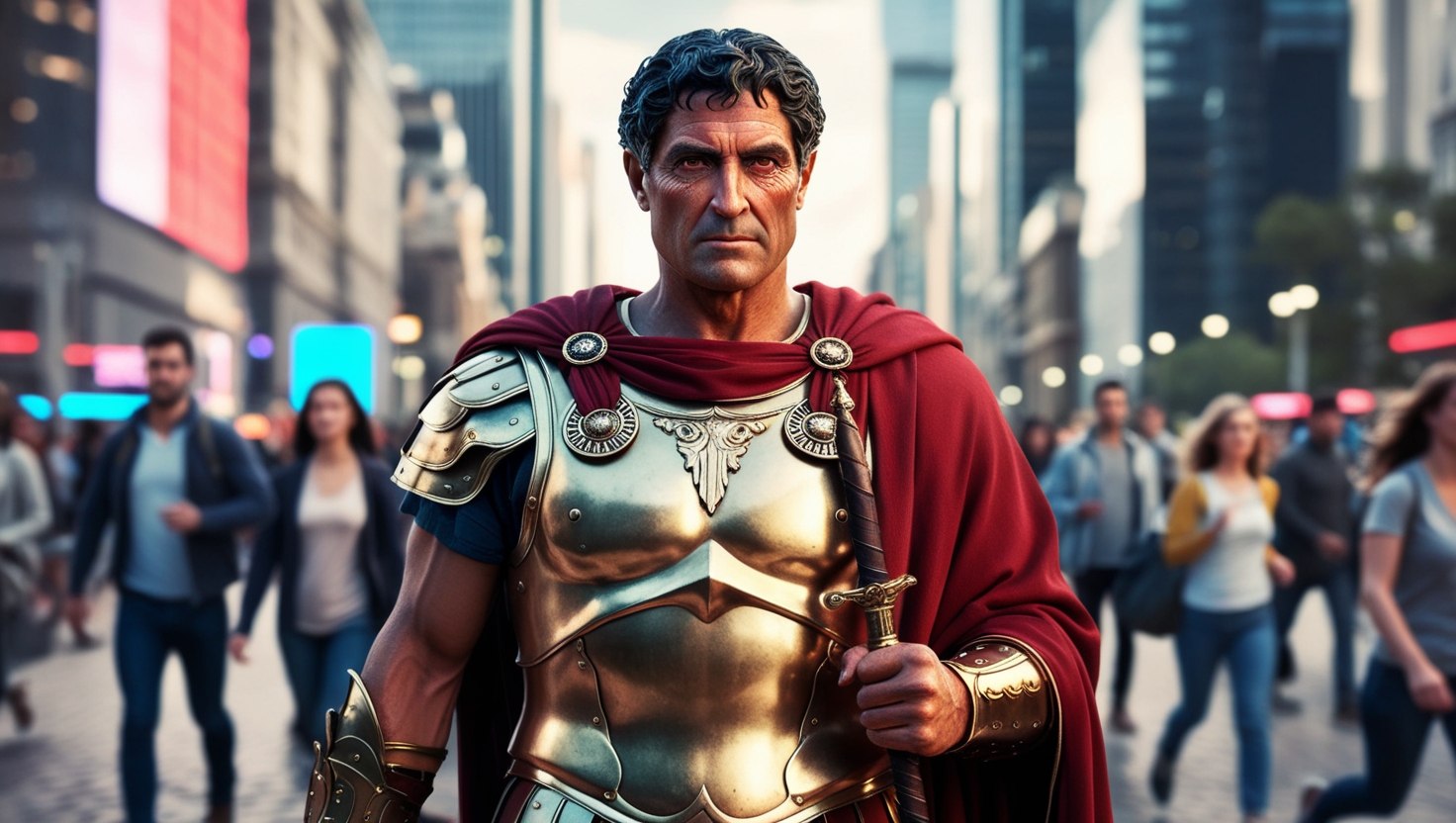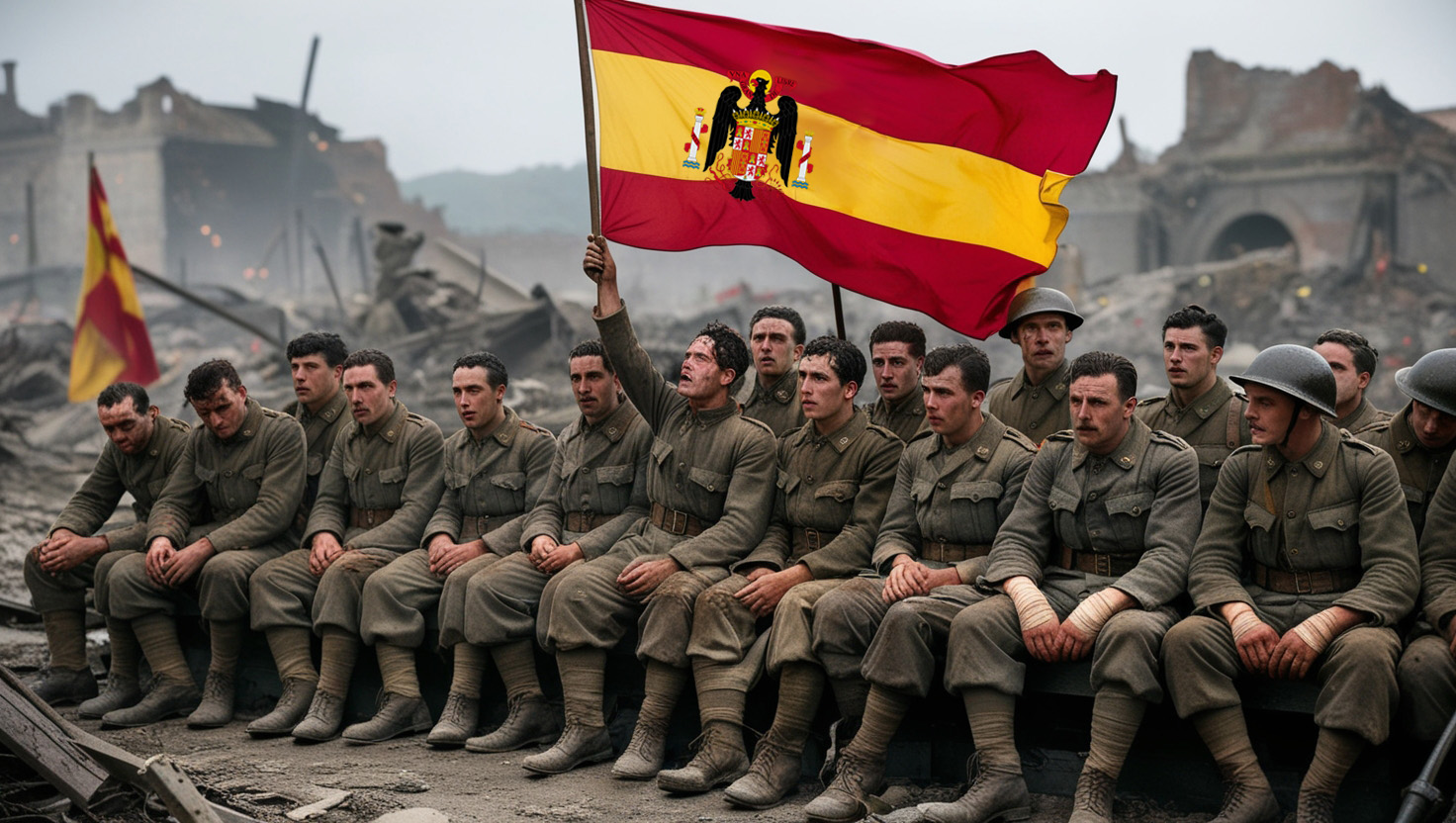The Ottoman Empire, one of the most powerful empires in history, controlled vast territories across Europe, Asia, and Africa for over six centuries. But what if the Ottomans had continued to rule for centuries more? What impact would their legacy and global influence have had on the world? In this alternate history exploration, we delve into a world where the Ottoman Empire never collapsed, examining how its legacy, political system, and military strength might have shaped modern history.
A Dominant Force in History
Founded in 1299 by Osman I, the Ottoman Empire quickly became a dominant force, influencing Europe, the Middle East, and North Africa. The Ottomans controlled key cities like Istanbul (formerly Constantinople), served as a bridge between East and West, and dominated crucial trade routes. But how would the Ottoman Empire have evolved if it had survived into the 21st century?
The Legacy of the Ottoman Empire
The Ottoman Empire was known for its multi-ethnic and multi-religious society. It brought together Muslims, Christians, and Jews under its rule, creating a delicate balance between these groups. Could the Ottoman Empire have adapted to the rise of nationalism and remained relevant in the modern world? Would it have preserved its influence in the Middle East and Balkans, or would the empire have had to undergo radical reforms? Platforms like Rabona Casino offer immersive gaming experiences, providing a glimpse into the rich history and cultural heritage of empires like the Ottomans.
Ottoman Influence on European Politics
At its height, the Ottoman Empire shaped military and diplomatic relations across Europe. If the Ottomans had continued their rule, how would they have interacted with emerging European powers? Would the Ottoman Empire have been able to prevent the rise of European colonial empires, or would it have become a key player in global politics, reshaping the fate of World War I and beyond?
Control Over Trade Routes
One of the Ottoman Empire’s greatest assets was its control over key trade routes. The Ottomans dominated commerce from the Silk Road to the Mediterranean Sea, controlling vital access to luxury goods and spices. Had the empire continued, could it have remained a global economic powerhouse? Would it have shaped global trade and commerce in the 20th century, potentially preventing the rise of European imperial powers?
The Role of Turkish People and Reforms
The Ottoman Empire played a central role in shaping the identity of the Turkish people, especially in the later centuries. What role would Turkish identity have played in a longer-lasting Ottoman Empire? Could the Ottomans have adapted to modernity, implementing reforms that preserved their political and military dominance, while embracing the changes of the 19th and 20th centuries?
Alternate History Scenarios: The Future of the Ottoman Empire
In our alternate history, the Ottoman Empire doesn’t collapse but continues to thrive and evolve. From their control over the Middle East to their influence on trade routes and European politics, the Ottomans continue to shape the world. Could the Ottoman Empire have modernized, preserving its power while adjusting to global changes? How would this alternate history have changed the world’s political landscape?
Impact on Global Dynamics
In this alternate world, the Ottoman Empire’s continued existence would have far-reaching implications for global dynamics. The balance of power in the Middle East would be drastically different, with the Ottomans maintaining a dominant position. Their influence on Islamic politics would likely shape the region’s development and interactions with the rest of the world.
Shaping European Diplomacy
European diplomacy would also be markedly different. The presence of a strong Ottoman Empire could have prevented the rise of other European empires, leading to a different colonial history. World War I might have taken a different course, or perhaps been avoided altogether, with the Ottomans playing a pivotal role in maintaining a balance of power.
Economic Influence and Trade
Economically, the Ottoman Empire’s control over trade routes would have had a lasting impact on global commerce. The empire’s strategic position at the crossroads of Europe and Asia would continue to make it a key player in international trade. This influence might have curbed the rise of European imperial powers and fostered a different economic landscape in the 20th and 21st centuries.
Social and Cultural Continuity
The preservation of the Ottoman Empire would mean the continuation of its unique social and cultural practices. The diverse, multi-ethnic society fostered by the Ottomans would persist, potentially influencing modern concepts of multiculturalism and coexistence. The rich cultural heritage, including architecture, art, and literature, would continue to thrive and evolve.
Conclusion: Reflecting on the Ottoman Legacy
Imagining a world where the Ottoman Empire never fell offers a fascinating glimpse into alternate history. The empire’s enduring legacy, political strategies, and economic influence could have profoundly shaped the modern world. While we can only speculate about these scenarios, reflecting on the potential outcomes reminds us of the significant impact historical events have on our present and future.
To delve deeper into this captivating alternate history and explore how the Ottoman Empire’s survival could have changed the course of history, be sure to watch our full video on Uncharted History. Join us as we journey through these intriguing possibilities and reflect on the lessons we can learn from this thought experiment.
Watch the video here:



